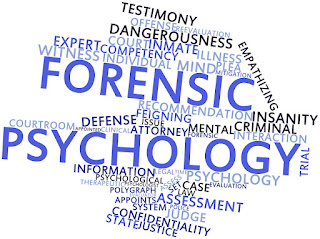King, C., & Neal, T. M. (2022, June 7).
https://doi.org/10.31234/osf.io/4hfd6
Abstract
Psychological testing, based on psychometric science, is often used in court to aid judges and juries in making legal decisions that profoundly affect people’s lives, such as eligibility for disability benefits, psychological damages, child custody, and whether and where someone will serve a criminal sentence. We provide a novel estimate of the pattern of psychological tests introduced as legal evidence throughout the entire history of United States case law, finding a sharp increase in this type of expert evidence in recent years. Although the law requires judges to screen evidence for relevance and reliability before allowing an expert to testify about it in court, legal challenges to psychological testing evidence are rare: across 28,824 judicial opinions citing psychological tests, just 479 involved a potential admissibility challenge (1.66%). This finding informs and raises questions for the public as well as legal and mental health professionals.
Discussion
Our results indicate that psychological testing evidence in U.S. courts has been increasing steadily in civil, family, and criminal cases over the past half-century, beginning roughly around the time that psychological testing emerged as a specialty in the field of psychology. Although we used a sizable sample, psychological testing evidence has undoubtedly occurred in many more cases than we could capture—with such evidence either not specified in written opinions, or judicial decisions not incorporated, for various reasons, into the large legal database we searched.
We also found evidence that legal professionals either rarely scrutinize psychological testing evidence, or admissibility decisions about such evidence are not typically deemed significant enough to warrant written explanations. This seems to be true irrespective of shifts in the strictness of admissibility standards over time. Potential challenge rates did, however, vary across individual psychological tests, and at least a third of the examined tests were challenged at least once. The two most commonly challenged types of tests provide a clue as to the type of case most likely to involve testing-related challenges: litigation concerning the civil commitment of certain convicted sex offenders. Nevertheless, the generally unchecked rise in psychological testing evidence, as suggested by this study, raises questions about the rigor of current admissibility standards, the functioning of the enforcers of those rules, and the seemingly broad deference afforded to mental health professionals’ highly varied test selections.

